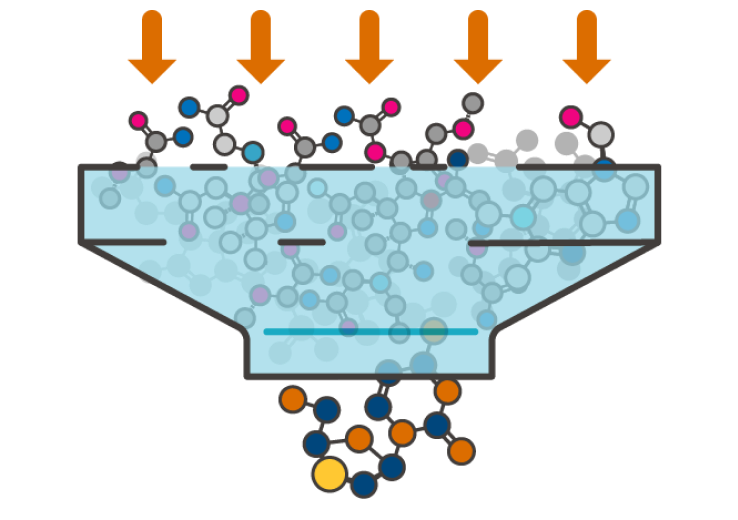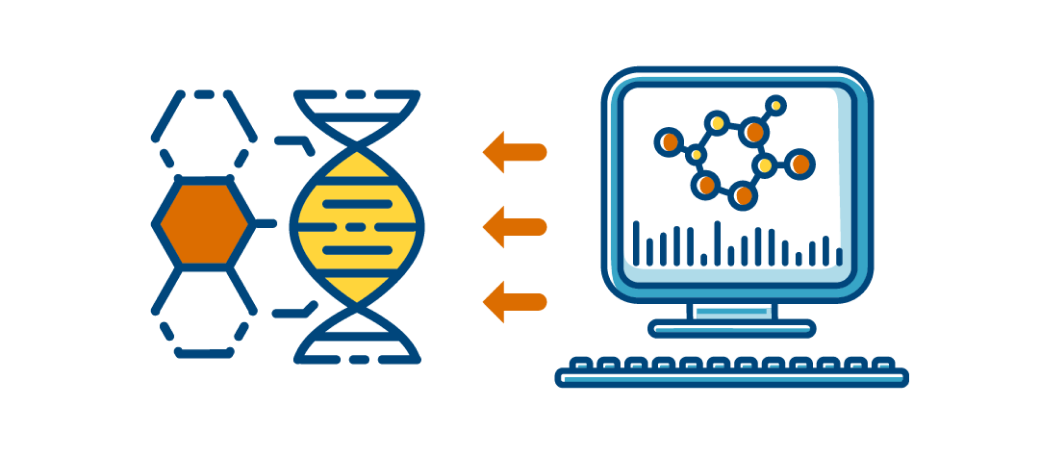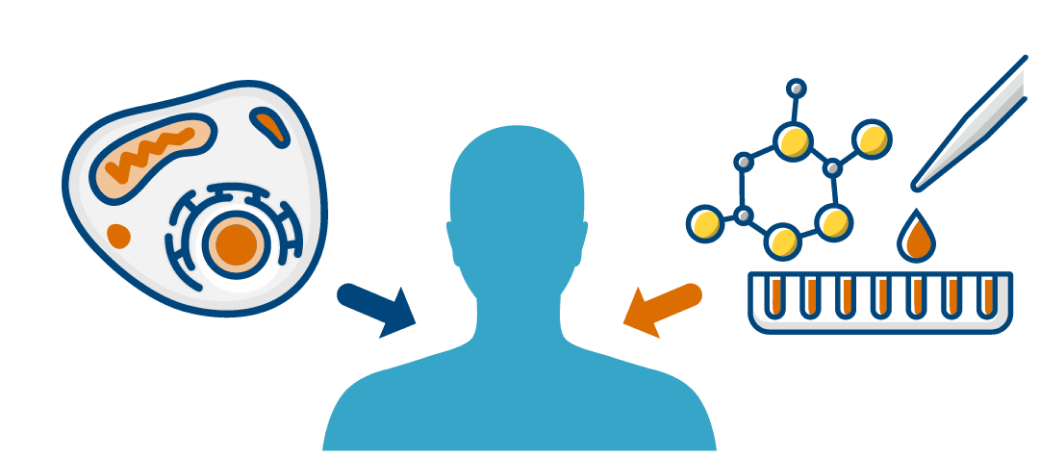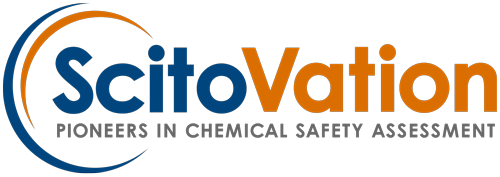Dr Alexandra Noël's webinar recording for IVIVE & Electronic Nicotine Delivery Systems is available
Watch Now!
A CRO, ScitoVation helps clients assess the safety and efficacy of pharmaceuticals, chemicals, food ingredients, cosmetics, and other consumer products faster using new approach methods (NAMs)
What our Customers are saying
I’ve been closely engaged with ScitoVation on projects for the last 3 years, helping a consortium of 14 global companies address a generic problem that impacts all of them. These companies either don’t have the expertise or can’t dedicate a resource to address the challenge. ScitoVation’s creative approach using PBPK modeling is notable because not only are they innovative, but they are also accountable with budgets and timelines, practical and easy to work with.
How We Serve Our Clients
Screening of Compounds

We help with screening and characterizing the safety or efficacy of lead compounds using in vitro methods.
Understanding Mode of Action

We help clients understand the mode of action of their compounds, using tools such as gene expression analysis, gene editing, and custom (bespoke) assays.
Relating dose from in vitro or animal studies to humans

We can predict equivalent doses in humans including absorption, disposition, metabolism and excretion (ADME).
Meeting the Needs of Clients
Our team of pioneers is known for taking the time to understand the problem of each client and create an approach that best addresses their challenge. In many cases, we create custom approaches to help the client move quickly to their next research stage. This could be a go or no go decision, mode of action, or submission to a regulatory body. Our clients not only benefit from our expertise, but also time and cost savings.
Request For Quote
